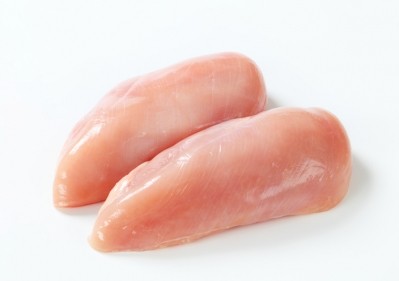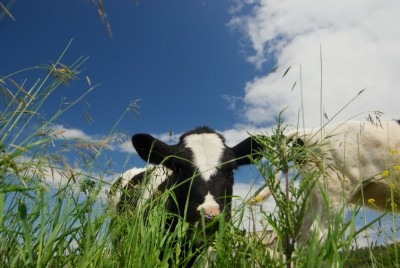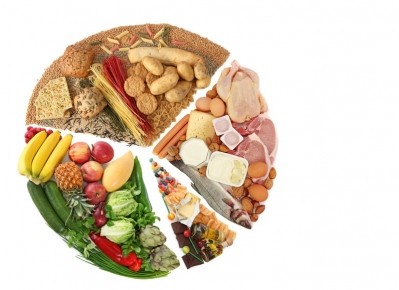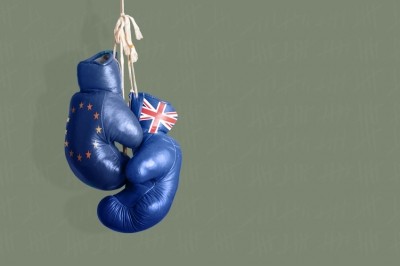UK will not ‘shut up’ about chlorine-rinsed poultry after US complaints
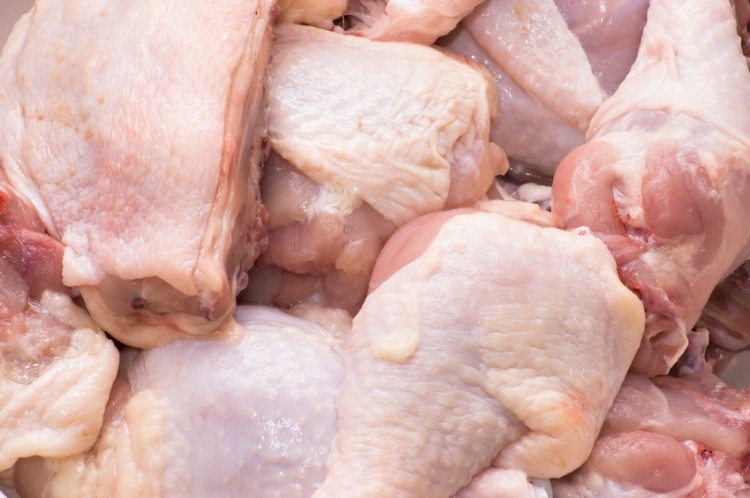
Responding to comments made by Ted McKinney, undersecretary for trade at the US Department of Agriculture, Kath Dalmeny, Sustain’s chief executive questioned the US’ stance on the controversial approach and its related safety aspects.
“The US can’t seem to make up their minds,” she said in a statement. “First they insisted chlorine washed chicken was safe to eat, but now they’re saying they don’t really use chlorine anymore.
“At the same time, they’re telling us we need to abandon our food safety standards – like the EU ban on chlorine. Given their higher rates of food poisoning and overuse of farm antibiotics, we’d rather not have the US telling us what to eat, thank you very much.”
The spat comes after McKinney’s comments were made during an interview at the Oxford Farming Conference in which he was also reported to have said that “the EU was a very difficult place to do business”.
On UK food safety regulations, he added: “We hope that as part of Brexit, the reset button can at least be considered.”
The conference, held annually at Oxford University, was also attended by UK Environment Minister Michael Gove, who insisted there would be no compromises of UK food standards to secure trade agreements with less regulated markets, such as the US.
Preserving UK quality reputation
“Outside the EU, we could establish a measure of farm and food quality which would be world leading,” Gove said during a speech at the event.
“It would be foolish for us to lower animal welfare or environmental standards in any trade deal and, in doing so, undercut our own reputation for quality."
However, campaigners have expressed concerns that the UK government is adopting a different tone behind closed doors. Sustain's Dalmeny accusing Gove of making assurances to the US that the ongoing issue would soon be resolved.
“We’d also like to hear from Michael Gove on Mr McKinney’s claims that Mr Gove has privately assured US officials that he will draw a line under the dispute on the grounds that it’s not fair to American poultry producers.
“We can assure both Mr Gove and Mr McKinney that they may be sick and tired of hearing us talk about chlorine-rinsed chicken, but we’re not going to shut up about it.”
Much of the argument centres on the standards employed in the practice of washing chickens in a chlorine dioxide solution that is said to reduce the prevalence of Salmonella.
It is a practice adopted in the US but banned throughout Europe due to concerns over the possible formation of by-products as a result of chlorine break down.
“The point about their use of chlorine is that it is used to mask low animal welfare and poor farming standards, which the British public will just not accept,” Dalmeny insisted.
“Leaving the EU is an opportunity for us to build an even better food Britain; we should not have to lower our standards to strike trade deals.”
US: Compromise needed
Relations between the two countries hit a low point late last year after a clash over food standards concerning US chlorine-treated poultry.
Wilbur Ross, US Commerce Secretary, said that a post-Brexit UK-US trade deal would only be possible if the UK abandoned EU standards.
In response, the UK’s Food Research Collaboration published a briefing paper comparing the UK and EU standards with those in the US. The authors found that animal carcasses were treated with disinfectants in the US because they are more contaminated with filth, including excrement, when compared to the UK’s supply chain.
But McKinney dismissed the suggestion that US poultry quality is lower than EU or UK standards. “We would like all of British society to understand that is not a practice that’s in use very much,” McKinney said at the Oxford Farming Conference. "The quality of our poultry, we’d put up against UK poultry any day of the week and twice on Sunday."
